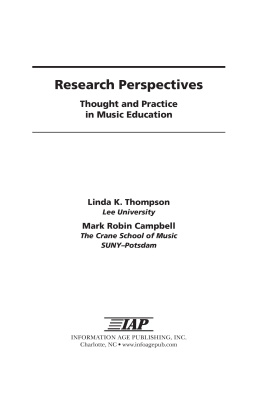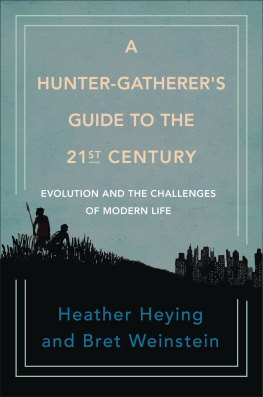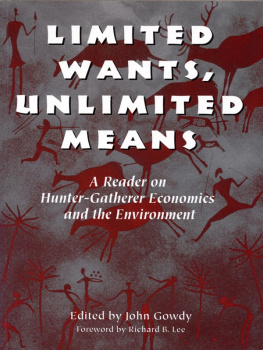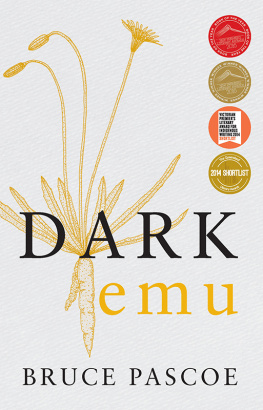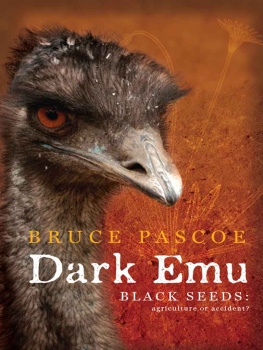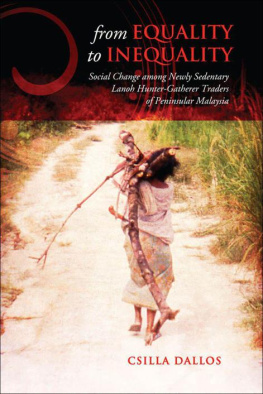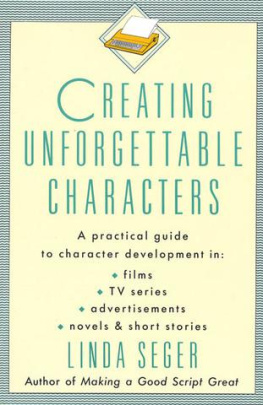Linda J. Ellanna - Key Issues in Hunter-Gatherer Research
Here you can read online Linda J. Ellanna - Key Issues in Hunter-Gatherer Research full text of the book (entire story) in english for free. Download pdf and epub, get meaning, cover and reviews about this ebook. year: 2020, publisher: Taylor & Francis, genre: Romance novel. Description of the work, (preface) as well as reviews are available. Best literature library LitArk.com created for fans of good reading and offers a wide selection of genres:
Romance novel
Science fiction
Adventure
Detective
Science
History
Home and family
Prose
Art
Politics
Computer
Non-fiction
Religion
Business
Children
Humor
Choose a favorite category and find really read worthwhile books. Enjoy immersion in the world of imagination, feel the emotions of the characters or learn something new for yourself, make an fascinating discovery.

- Book:Key Issues in Hunter-Gatherer Research
- Author:
- Publisher:Taylor & Francis
- Genre:
- Year:2020
- Rating:3 / 5
- Favourites:Add to favourites
- Your mark:
- 60
- 1
- 2
- 3
- 4
- 5
Key Issues in Hunter-Gatherer Research: summary, description and annotation
We offer to read an annotation, description, summary or preface (depends on what the author of the book "Key Issues in Hunter-Gatherer Research" wrote himself). If you haven't found the necessary information about the book — write in the comments, we will try to find it.
Key Issues in Hunter-Gatherer Research — read online for free the complete book (whole text) full work
Below is the text of the book, divided by pages. System saving the place of the last page read, allows you to conveniently read the book "Key Issues in Hunter-Gatherer Research" online for free, without having to search again every time where you left off. Put a bookmark, and you can go to the page where you finished reading at any time.
Font size:
Interval:
Bookmark:

A University College London Series
ErnestS.Burch,Jr.,andLindaJ.Ellanna

2 Park Square, Milton Park, Abingdon, Oxon OX14 4RN
605 Third Avenue, New York, NY 10017
Product or corporate names may be trademarks or registered trademarks, and are used only for identification and explanation without intent to infringe.
Burch, Ernest S. and Ellanna, Linda J.
Key issues in Hunter-Gatherer research / edited by
Ernest S. Burch, Jr., and Linda J. Ellanna.
p. cm.
Includes bibliographical references and index.
ISBN 0854963758.ISBN 0854963766 pbk.)
1. Hunting and gathering societies. I. Burch, Ernest S., Jr., 1938
II. Ellanna, Linda J., 1940
GN388.K49 1993
306.3dc20
Photo by E. S. Burch, Jr.
Photo by Marion McCreedy, 1989.
Alfred Reginald Radcliffe-Brown (1881-1955),
and
Julian Haynes Steward (1902-1972),
who initiated the scientific study of hunter-gatherer societies
Introduction
Font size:
Interval:
Bookmark:
Similar books «Key Issues in Hunter-Gatherer Research»
Look at similar books to Key Issues in Hunter-Gatherer Research. We have selected literature similar in name and meaning in the hope of providing readers with more options to find new, interesting, not yet read works.
Discussion, reviews of the book Key Issues in Hunter-Gatherer Research and just readers' own opinions. Leave your comments, write what you think about the work, its meaning or the main characters. Specify what exactly you liked and what you didn't like, and why you think so.


